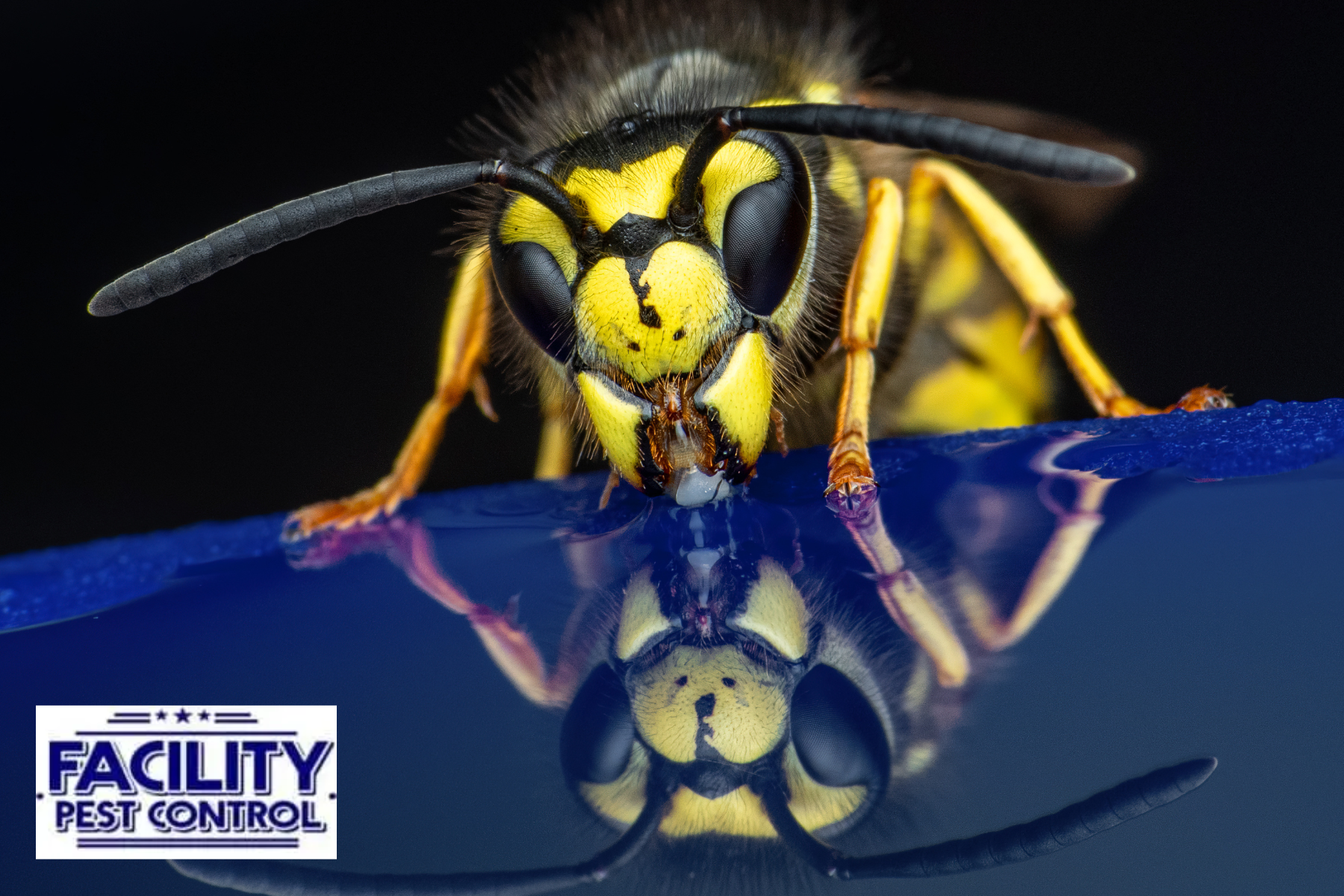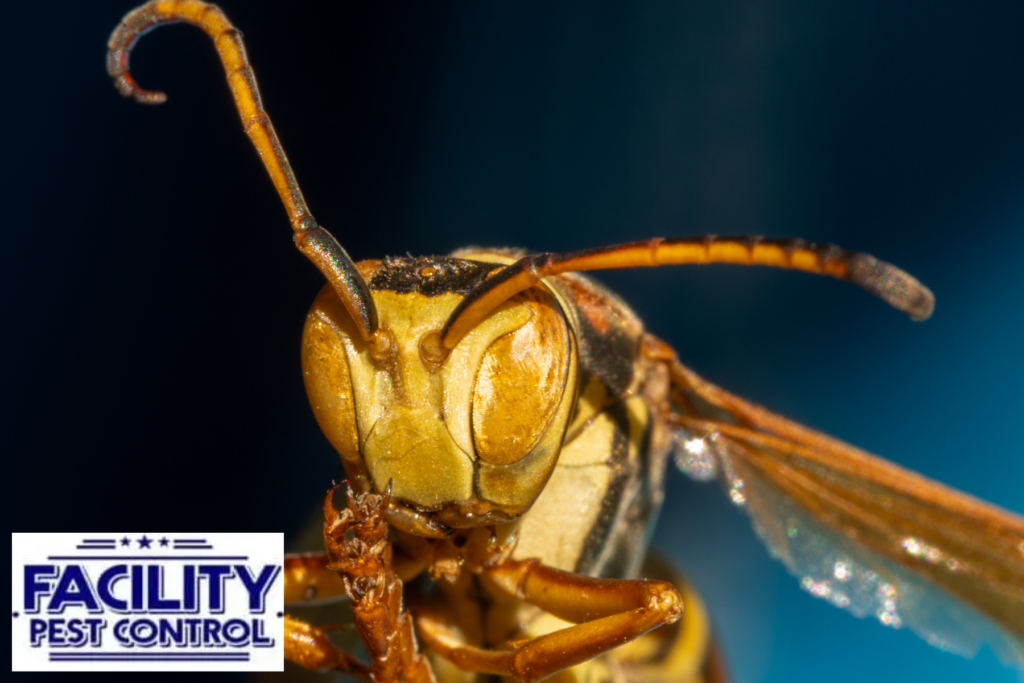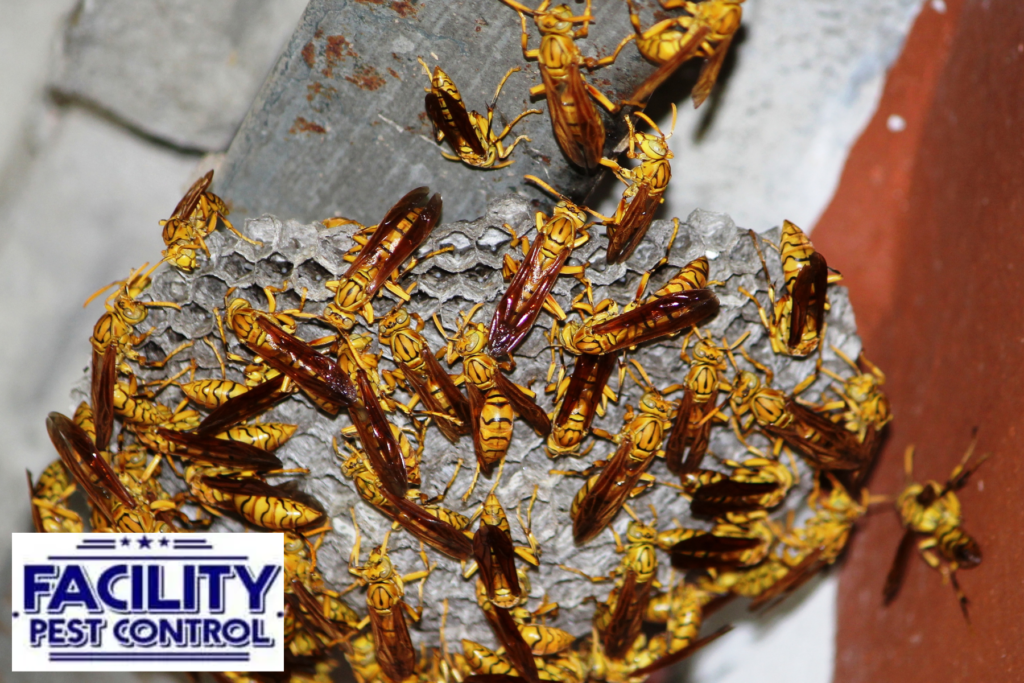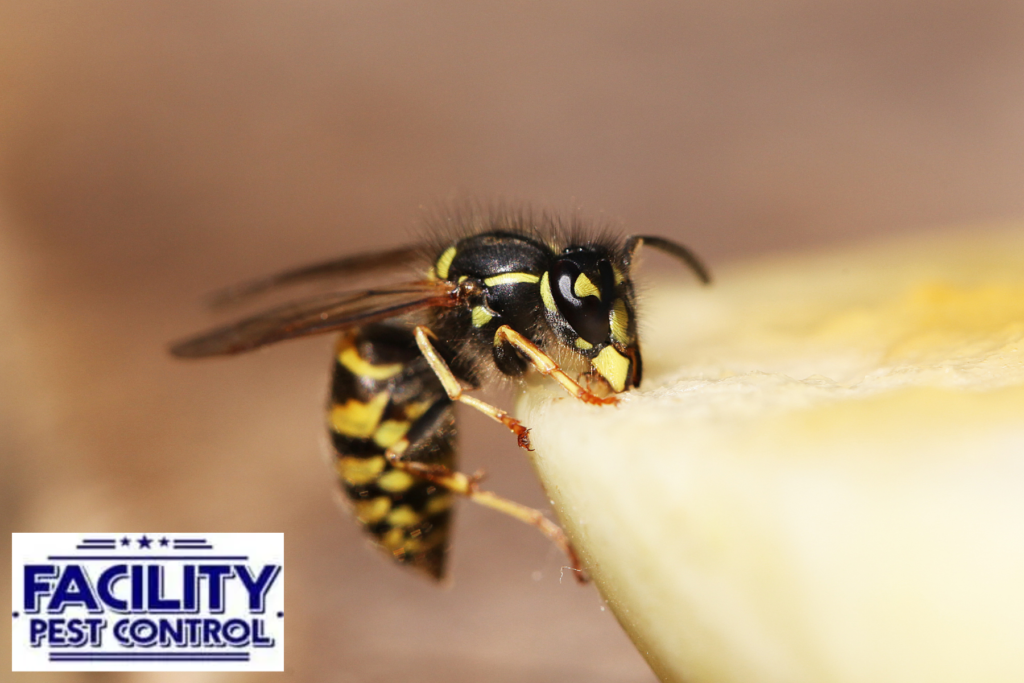Wasps are some of the most common and misunderstood insects found in yards, homes, and businesses. These stinging pests are notorious for building nests in eaves, attics, and sheds, and they become particularly active during the warmer months. But one question many people often ask is: how long do wasps live? The answer depends on the type of wasp, its role in the colony, and environmental conditions. In this blog post, we’ll break down the lifespan of wasps, provide insights into their behavior and seasonal activity, and explain how professional bee and wasp removal can help if they become a problem on your property.
Understanding Wasp Types and Their Lifespans
There are thousands of species of wasps, but most people encounter social wasps such as yellow jackets, hornets, and paper wasps. Each type of wasp has a different life expectancy depending on its function within the colony:
Queen Wasps
Queen wasps are the longest-living members of a wasp colony. Their primary role is to reproduce and establish new colonies. After mating in late summer or early fall, a fertilized queen will hibernate through the winter and emerge in spring to start a new nest. If conditions are favorable, queens can live up to a full year, though many don’t survive the winter due to predators or harsh weather.
Worker Wasps
Worker wasps are sterile females responsible for foraging, nest maintenance, and protecting the queen. These wasps have a much shorter lifespan than the queen. Typically, worker wasps live anywhere from 12 to 22 days, depending on the species and environmental stressors. They die off by the end of the season once the queen stops laying eggs and the colony declines.
Male Wasps (Drones)
Male wasps are produced later in the summer for the sole purpose of mating with new queens. After fulfilling this role, male wasps die shortly thereafter, usually within a few days to a couple of weeks. They do not contribute to nest maintenance or foraging.
Seasonal Lifecycle of Wasps
Wasps follow a distinct seasonal pattern in temperate climates like Southern California. The cycle begins in early spring when the hibernating queen wakes and starts a new colony. By summer, the colony is in full swing with hundreds of workers. As fall approaches, the queen lays eggs that will become new queens and drones. Once mating occurs, the original colony begins to die off.
By late fall, most wasps disappear, leaving only the fertilized queens to carry on the cycle into the next spring.
How Long Do Wasps Live Indoors?
One of the more frustrating experiences for homeowners is finding a wasp trapped indoors. You may wonder, how long do wasps live indoors? The answer depends on factors such as food availability, temperature, and hydration. In general, a wasp that finds itself indoors will not survive long. Without access to food and water, most wasps die within a few days.
However, indoor environments can sometimes extend a wasp’s lifespan slightly. If they find a food source, such as spilled sugary drinks or fruit, they might survive for a week or more. Still, these instances are rare, and most indoor wasps will perish quickly without assistance from their colony.
Factors That Affect a Wasp’s Lifespan
Food Availability
Wasps are omnivorous and require protein and sugar to survive. Worker wasps feed on nectar, fruit, and other insects. A lack of food can drastically reduce their lifespan.
Predators
Birds, spiders, and even other wasps can prey on them. Predation is a natural threat that affects their survival rate, especially for workers and drones.
Weather Conditions
Extreme heat, cold, or sudden weather changes can affect a wasp’s longevity. Harsh winters, especially, reduce the number of queens that make it to spring.
Human Interference
Wasp nests are often removed by professional pest control services or homeowners, shortening the colony’s overall lifespan.
Do Wasps Live Longer Than Bees?
While bees and wasps share some similarities, their lifespans differ. Queen honeybees can live several years, whereas most wasps, even queens, rarely live longer than a year. Worker bees also live longer than worker wasps due to their role in a more permanent colony structure. Understanding these differences is key when considering effective bee and wasp control.
Why Understanding Wasp Lifespan Matters
Knowing how long do wasps live can help you make better decisions when dealing with a wasp infestation. Since worker wasps have short lifespans, small disturbances may seem to temporarily reduce activity. However, unless the queen is removed or the nest is destroyed, the colony will continue to grow and regenerate. This is why professional pest control is often necessary.
If you notice frequent wasp activity around your home, it could indicate an active nest nearby. Acting quickly can prevent the colony from expanding.
Professional Help for Wasp Problems
Homeowners in Southern California, especially in communities like Hidden Hills, often face seasonal issues with stinging insects. Wasps can pose a threat to outdoor activities, pets, and even the structure of your home. For reliable pest control Hidden Hills CA, partnering with experienced professionals ensures the problem is handled safely and effectively.
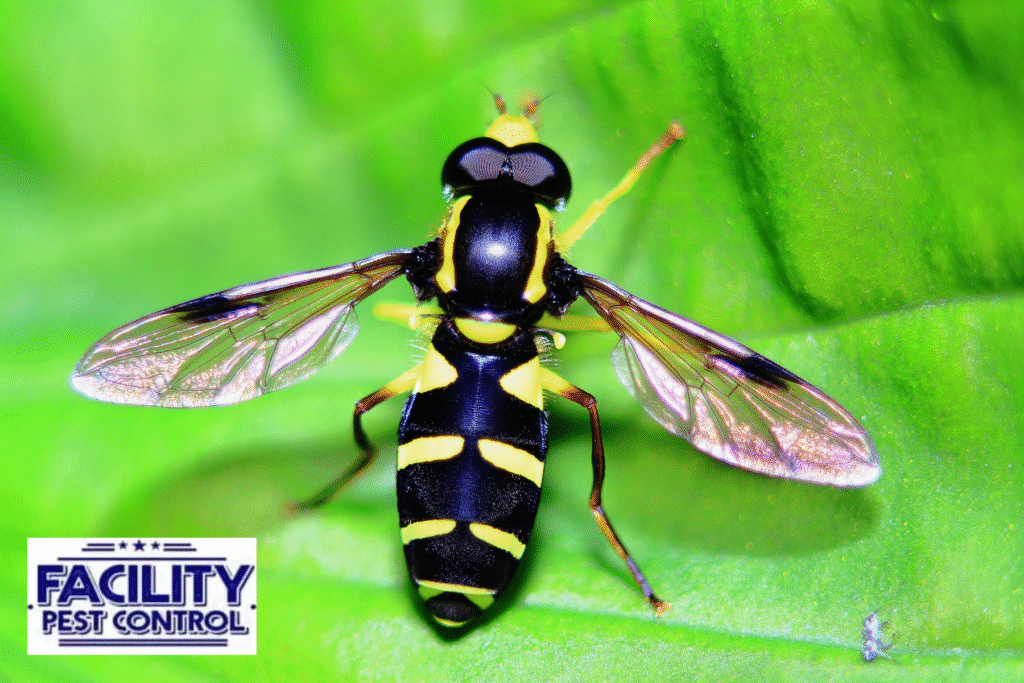
About Facility Pest Control
Facility Pest Control is proud to serve the residents and businesses of Southern California, providing reliable, year-round pest control solutions. From general pest control services to targeted treatments for stinging insects like wasps, we are committed to protecting your home using safe and effective methods. Our services include monthly, hybrid, and bi-monthly options, depending on your needs. We also offer specialized treatments for ants, spiders, roaches, fleas, ticks, and professional bee and wasp control services.

